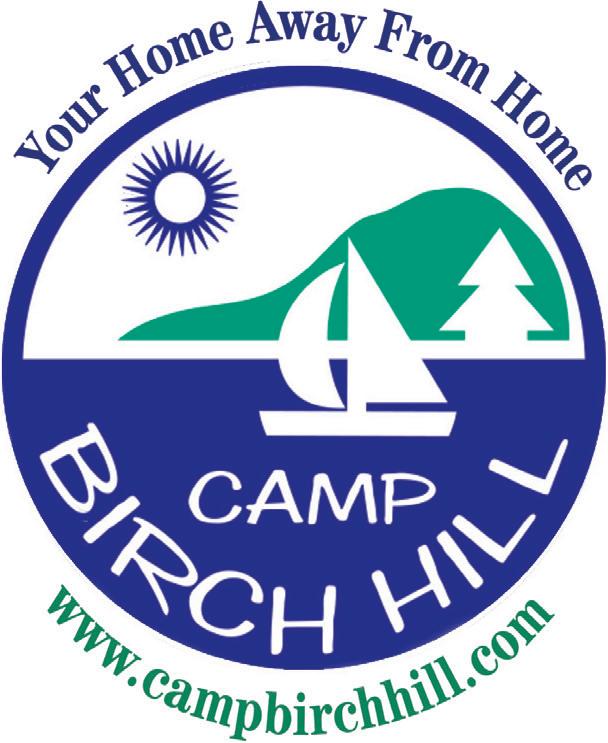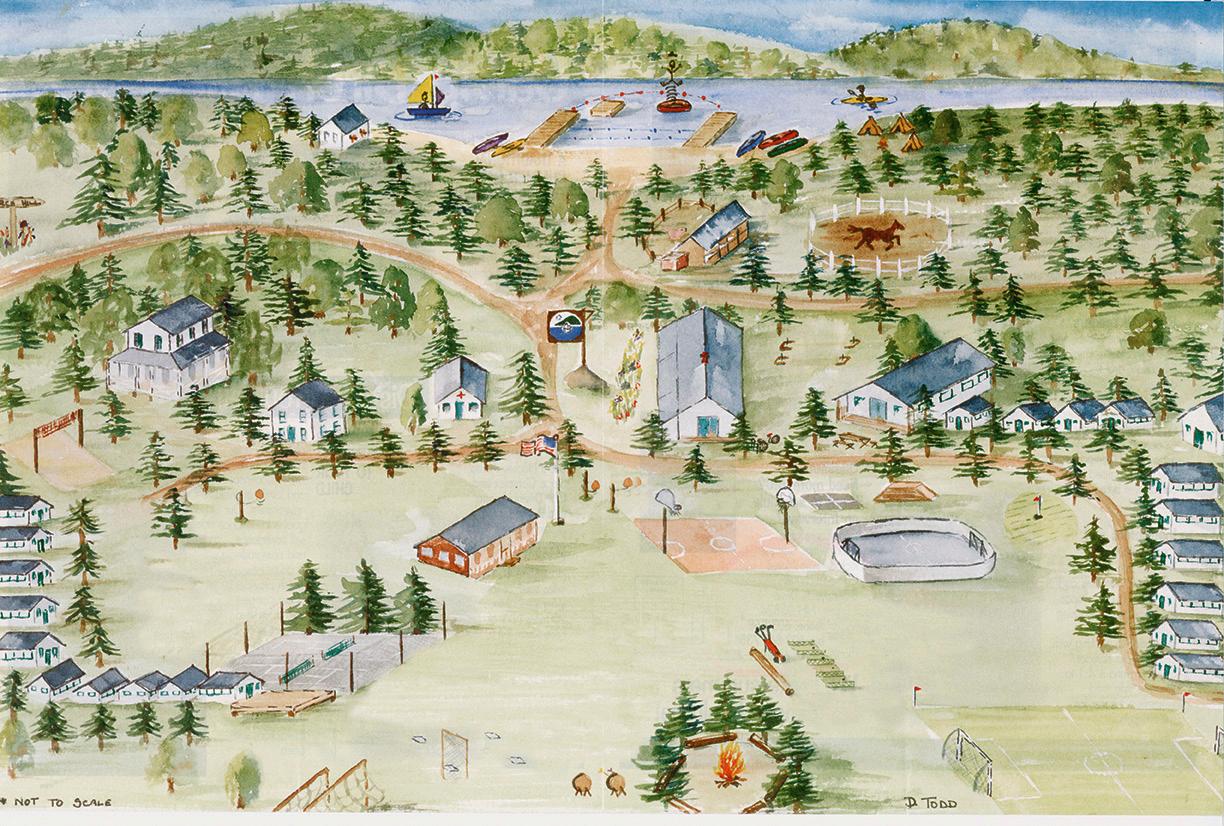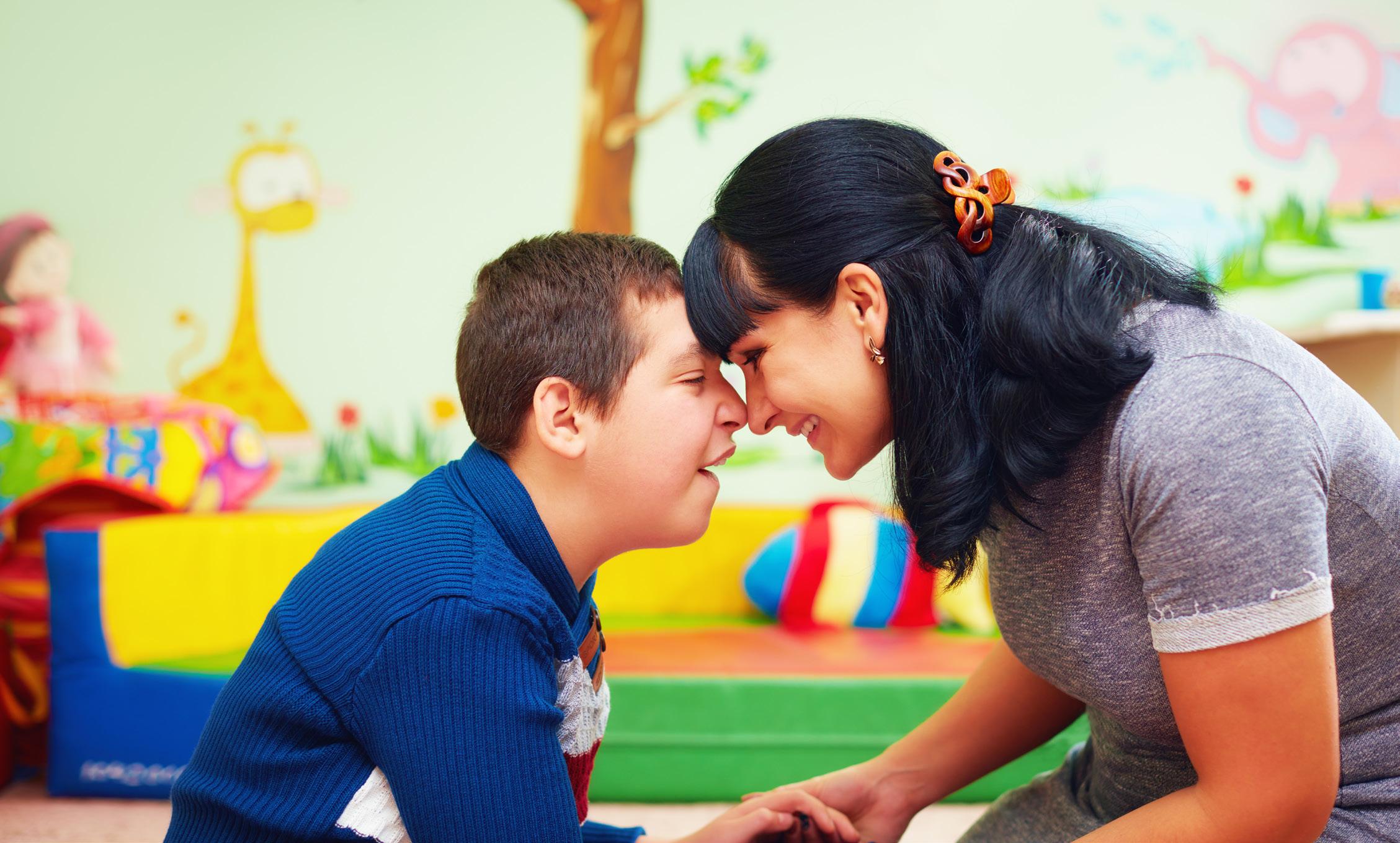
2 minute read
Summer Campers
Environmentalists of Tomorrow
Campers are the future stewards of the environment, and the grass is looking greener. According to a study conducted in 2015 by the national organization of the American Camp Association, Nature/ Environmental Education programs as well as Gardening programs make up 31% of new programs being added to camps based on interests of campers.
Camps in New England have been providing an ideal setting for creating environmental awareness in children for over 150 years! Living closely with the Earth while at camp, campers learn to appreciate and care for the world around them. They experience it as members of an ecosystem, which allows them to understand and appreciate biodiversity on a personal level. Camp gives children the opportunity to explore how their choices have an impact on other animals and on the Earth. It often sparks interests that can become lifelong hobbies, lifestyles, and careers – environmental and earth sciences, gardening, farming, oceanography, geology, and so much more.
Whether located in a field or forest, on an island or a school campus, a park or a dedicated
woodland reserve, camp program offerings maximize the use of the site where the camp is located. Experiential learning at camp happens naturally when camp leadership implement common-sense and sound practices in their programs. Training counselors to instruct kayakers not to pick the water lilies as they paddle around the pond or lake; hikers on an overnight trek return with more trash than they took with then; organic gardens planted for educational purposes are done so in locations where they can be left for the rest of the year.
These experiences in the natural world are transformational – so much so that campers return home with real world knowledge of environmental awareness and a focus on reducing their negative impact on the environment. They return home with an enhanced appreciation of the outdoors and their role in the ecosystem. Children who attend summer camp go on to have a greater appreciation for natural parks and wildlife preserves for the rest of their lives – many will even go on to pursue interests in the environment or the sciences in college, the workplace, the community, and their families.
While you’ll find varying degrees of environmental expertise and focus from camp to camp, summer camps today are building on the proud tradition of providing children with opportunities to experience and enjoy nature and the environment in ways that will sustain our collective future. Though one can’t know if the namesake of the next national park will credit their experience to summer camping, we are positive they won’t mention NOT interacting with nature and the environment.
Provided by the American Camp Association, New England


2021 Session Dates: 2020 Session Dates:
2 Week Session June 28 – July 11, 2020 June 27 – July 10, 2021 July 12 – July 25, 2020 4 Week Session July 26 – August 8, 2020 July 11 – August 7, 2021 6 Week Session June 27 – August 7, 2021











